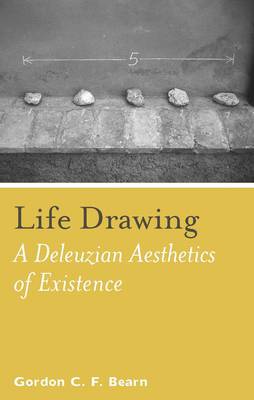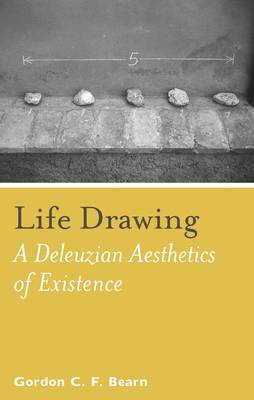
- Retrait gratuit dans votre magasin Club
- 7.000.000 titres dans notre catalogue
- Payer en toute sécurité
- Toujours un magasin près de chez vous
- Retrait gratuit dans votre magasin Club
- 7.000.000 titres dans notre catalogue
- Payer en toute sécurité
- Toujours un magasin près de chez vous
43,45 €
+ 86 points
Format
Description
Deleuze's publications have attracted enormous attention, but scant attention has been paid to the existential relevance of Deleuze's writings. In the lineage of Nietzsche, Life Drawing develops a fully affirmative Deleuzean aesthetics of existence.
For Foucault and Nehamas, the challenge of an aesthetics of existence is to make your life, in one way or another, a work of art. In contrast, Bearn argues that art is too narrow a concept to guide this kind of existential project. He turns instead to the more generous notion of beauty, but he argues that the philosophical tradition has mostly misconceived beauty in terms of perfection. Heraclitus and Kant are well-known exceptions to this mistake, and Bearn suggests that because Heraclitean becoming is beyond conceptual characterization, it promises a sensualized experience akin to what Kant called free beauty. In this new aesthetics of existence, the challenge is to become beautiful by releasing a Deleuzean becoming: becoming becoming. Bearn's readings of philosophical texts--by Wittgenstein, Derrida, Plato, and others--will be of interest in their own right.Spécifications
Parties prenantes
- Auteur(s) :
- Editeur:
Contenu
- Nombre de pages :
- 352
- Langue:
- Anglais
Caractéristiques
- EAN:
- 9780823244812
- Date de parution :
- 01-05-13
- Format:
- Livre broché
- Format numérique:
- Trade paperback (VS)
- Dimensions :
- 155 mm x 227 mm
- Poids :
- 566 g







